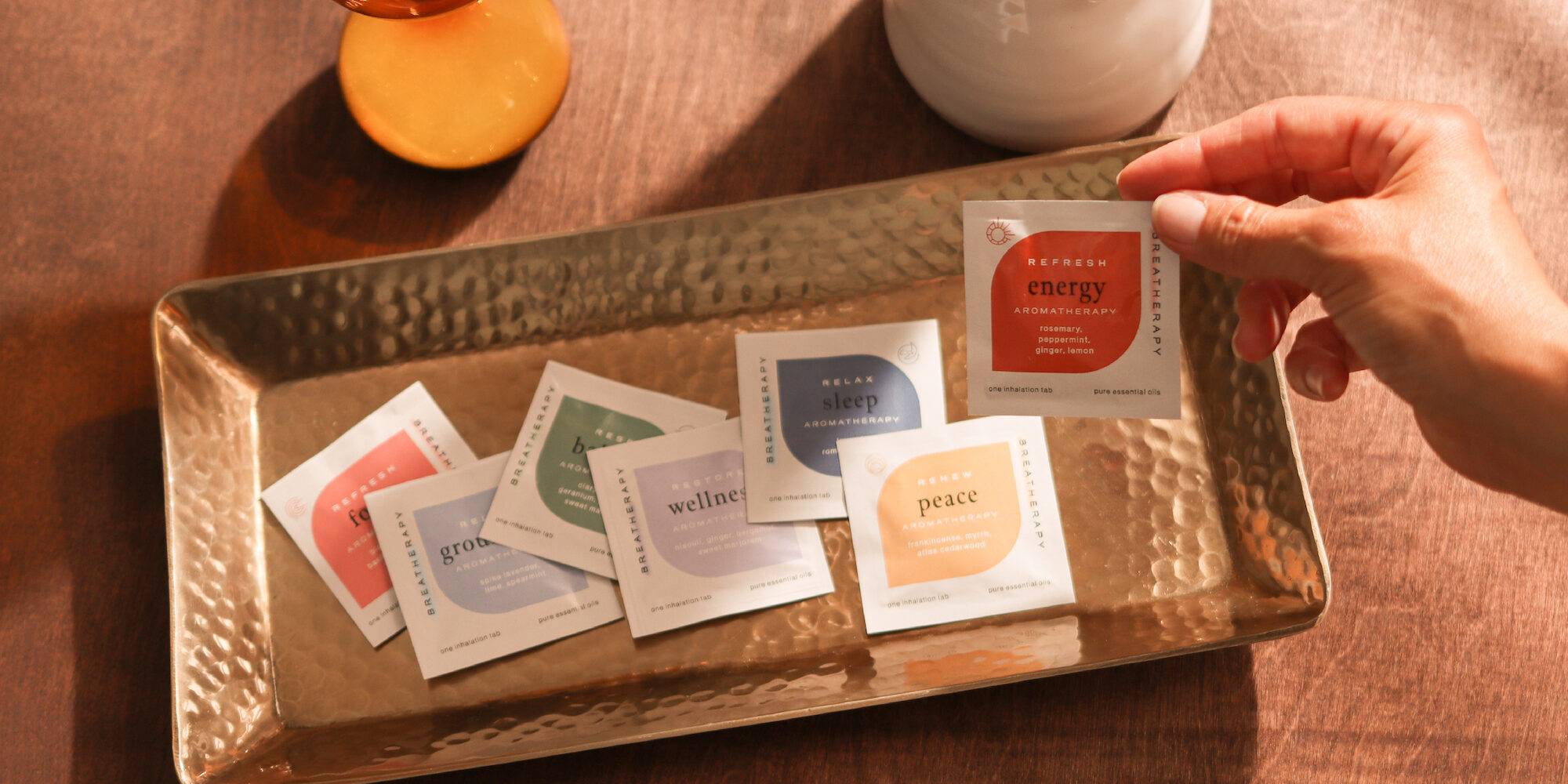
The Patch Parade: Personal Care And Wellness Brands Offer Lo-Fi Wearables Addressing Health Concerns
A wave of consumer packaged goods brands is tackling wellness from the outside in with wearable offerings such as stickers and patches designed to meet consumers’ health and personal care needs.
The wearable offerings are neither snazzy technological tools nor slick merch stickers cool direct-to-consumer brands hope consumers will slap on their iPhone cases or city street mailboxes. They’re functional tools addressing a myriad of issues, including nausea, anxiety, the effects of electromagnetic fields and itchy bug bites.
Kinlò, the sun care brand from professional tennis player Naomi Osaka, is among the many brands out to acquaint the public with a sticker that’s not of the bumper variety. It added UV Detection Body Stickers, small wearable circles that are real-time reminders to reapply sunscreen, to its assortment in December 2021. Initially sold on the brand’s website, the reusable stickers entered Walmart in April. A pack of 10 retails for $5.99. Stuck on skin or handbags, they start white and turn blue to signal reapplication is warranted.
Kinlò president Mia Meachem describes the stickers as valuable for educating consumers on proper sun care. “We’ve found that parents love using stickers for their little ones,” she says. “In addition to serving as a reapplication reminder, the stickers help teach the importance of sun safety at an early age.” SpotMyUV, a brand available at Target and Amazon that’s gone viral on TikTok, sells similar stickers indicating when it’s time to reapply sunscreen. It’s 12-pack is $10.

Personal care startup Natural Patch has created BuzzPatch, a kid-friendly fabric patch that can be adhered to skin or clothing and is infused with citronella and other essential oils to repel mosquitos for up to 72 hours. A 60-count box sells for $14.99 and comes in different colors and emoji designs. For people with insect bites, the brand has Magic Patch, an itch relief patch that can be placed over bites to relieve itchiness and protect from over-scratching.
Founded by Michael Jankie and Gary Tramer, Natural Patch launched in 2019 with BuzzPatch. It’s since expanded its sticker-based aromatherapeutic merchandise to include patches that boost focus, curb sugar cravings and more. Natural Patch products are sold at hundreds of pharmacies across Australia, where the company is headquartered, and on Amazon and the brand’s site.
Bioesse Technologies is a patch pioneer. Established by Mark Theno, it’s been in the aromatherapy adhesive patch game for over a decade, primarily in the hospital and clinical aromatherapy market. Its lavender patch is intended to ease patients’ pre-surgery anxiety and medication-related nausea, and the stress of overworked hospital staff members’ staff. Bioesse’s patches are not transdermal and work solely via aromatherapy.
“It’s a really good product for a clinical setting because it’s individually packaged, so you don’t have to worry about contamination,” says Aaron Theno, a certified aromatherapist who runs Bioesse with his father Mark. “We wanted to start there for legitimacy’s sake for our product to show that this was useful in a clinical setting and that it was a very safe product to use.”
After the pandemic hit, he focused on launching Breatherapy, Bioesse’s consumer-facing line. Breatherapy debuted last year with 19 adhesive tabs in six collections: Relax, Refresh, Reset, Restore, Renew and Pure. The line harnesses aromatherapy to allay common conditions and symptoms. A box of eight tabs retails for $23.99. The products are sold on Amazon, Uncommon Goods and the brand’s site. Spas are big targets for Breatherapy. It can be incorporated into spa treatments.
Uncommon Goods senior buyer Emiko Yamamoto says Breatherapy’s products check off a lot of important boxes for the retailer. “In the past two years, beauty/wellness has been one of our fastest-growing categories,” she elaborates. “Since shoppers come to Uncommon Goods for gifts, we don’t focus on beauty [like] cosmetics and skincare so much as we do spa and wellness products and gift sets to enhance the home spa experience. Products that induce sleep and relaxation like shower steamers, bath bombs, aromatherapy and anything lavender perform really well.”
Even aromatherapy proponents may not be accustomed to Breatherapy’s delivery system. The brand is busy informing consumers about its benefits and exploring the right sampling tactics. Theno says, “If I can get someone to use it correctly one time, the response is really good.”
A persistent lifestyle problem prompted entrepreneur Chancellor DePaul to reinvent the alarm clock with wearable device Silent WakeUp. He explains, “My girlfriend and I had different work schedules and so constantly we were waking each other up prematurely back and forth with sound alarms. A week went by and I was behind on sleep. I was frustrated because when I wake up, I I’m pretty much up. I was like, ‘There’s got to be a way to wake up silently.’ That’s when I originally started to put together all the different factors that make the Silent WakeUp.”

Controlled through an app, the small lightweight device begins vibrating 15 minutes before wakeup time and gets gradually stronger as wakeup time approaches. It can be worn anywhere, but are typically placed on the chest or forearm and is affixed to hypoallergenic silicone adhesive pads that are reusable five to seven times.
Not yet on the market, Silent WakeUp will retail for $99. A subscription service is in the plans. To fund the product’s manufacturing and launch, DePaul has set up a Kickstarter campaign with the goal of raising up to $50,000. If it’s successful, an Indiegogo campaign will follow. In 30 days of paid advertising, DePaul reports Silent WakeUp has had 300 signups and 25 pre-orders, which consist of a $1 reservation that earns the consumer a $35 discount off the full retail price when the product is available.
A growing segment of wellness stickers is counteracting the impacts of modern plugged-in life, specifically the invisible areas of energy known as electromagnetic fields. The purported deleterious effects of EMFs range from brain fog to brain cancer. Tiny stickers made by companies like Energy Dots, Waveblock and Restore Patch use magnetic fields to provide protection against EMFs.
Energy Dots founder Lucy Blyth learned about the science now used in her company’s Smart Dot and Bio Dots 12 years ago, when her daughter, now 24, asked for a cell phone. Blyth was worried about how the device could impact her daughter’s developing brain. When she learned about the way magnets can be programmed with frequencies that counteract EMFs, she decided to make it a business.
Though the category remains niche, Energy Dots has gained devoted customers in the United Kingdom, where the company is based, as well as in the United States, where she maintains consumers are more open to the idea of personal energy fields.
EMFs have become infinitely more prevalent in the 12 years since Energy Dots entered the market, increasing demand for its products. “You haven’t got your feet on the grass. You’re not walking in nature. You feel a little bit scrambled, a little bit uncomfortable. It’s certainly not how I grew up. I ran in the fields, played in the dirt and swam in the sea,” says Blyth. “What we’re endeavoring to do is to bring more of that into people’s busy, city, 24/7 tech life.”
Energy Dots’ Smart Dot is a small circular sticker that can be affixed to any cellular or wifi-enabled device like a router, cellphone, laptop or smart television. The company’s Body Dot can be worn on the body to provide protection. Energy Dots sells a watch band-like bracelet and a necklace that Body Dot can be attached to and worn. Its selection extends to Pet Dots, Sleep Dots and Water Dots. A single Dot costs around $48 and lasts indefinitely. In the U.S., Bio Dots are sold at Urban Outfitters, and Energy Dots ships international from its site. Blyth estimates a half a million Dots have been purchased.
“We’re very, very popular with our clients and our customers…I’ve got clients who’ve had their Dots for 10 years,” she says. If they’re ever without them, they notice a change. “What most people notice is they feel out of sorts,” says Blyth. “They don’t feel focused. They’re not sleeping as well. They feel off-kilter.”

Wellness stickers can require extensive consumer education to drive sales. “It has taken an enormous amount of convincing,” admits Blyth. “We get a lot of distrust, even abuse. We get a lot of, ‘You’re a snake oil company.’ I’ve been doing this for 12 years. This is not a get rich quick scheme. We’re a family company, and we spend lots of time talking to customers, and if you don’t buy, don’t worry.”
Restore Patch attempts to surmount consumer skepticism with a 60-day guarantee. The strategy has been effective so far, according to founder Jeff Arlotti. Restore Patch launched in February and is sold on Amazon and its own site. Its patches include Energy, Sleep, Severe Headache, Clarity/Focus and Relief. Formulated for anxiety, Relief is the bestseller. A 10-day supply of any Restore Patch is $24.99 and a 30-day supply is $49.99
“Not only do we give people a chance to try the patches for free, but we offer a 60 day money back guarantee, so there is truly no risk for consumers to try it. We are very confident in how they work and I believe that has been translated to the consumer,” he says. “Most people are skeptical before trying, which is great. If people don’t believe it will work, when it does, it reinforces that the product has efficacy and not some placebo.”

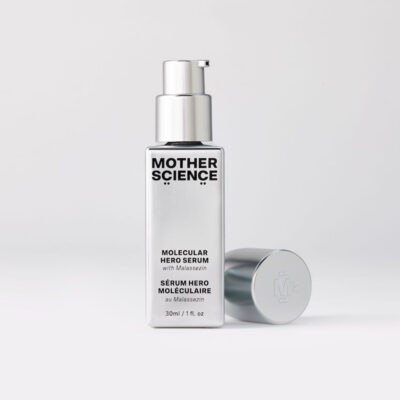
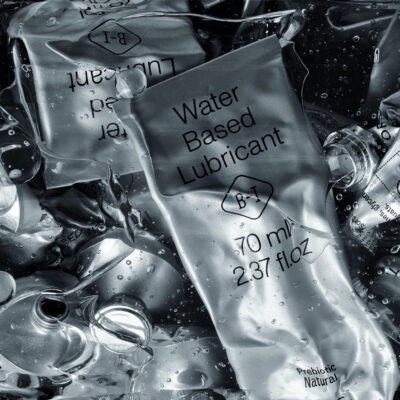
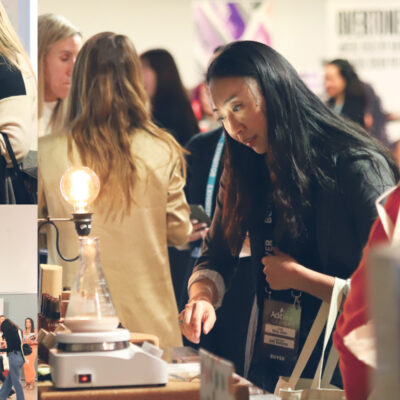
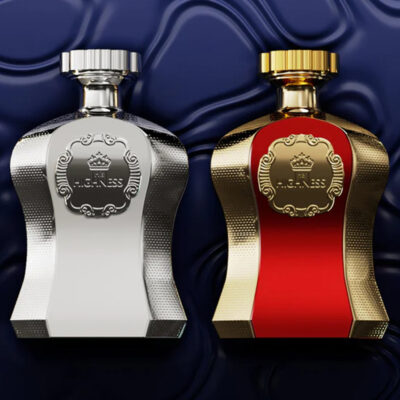
Leave a Reply
You must be logged in to post a comment.